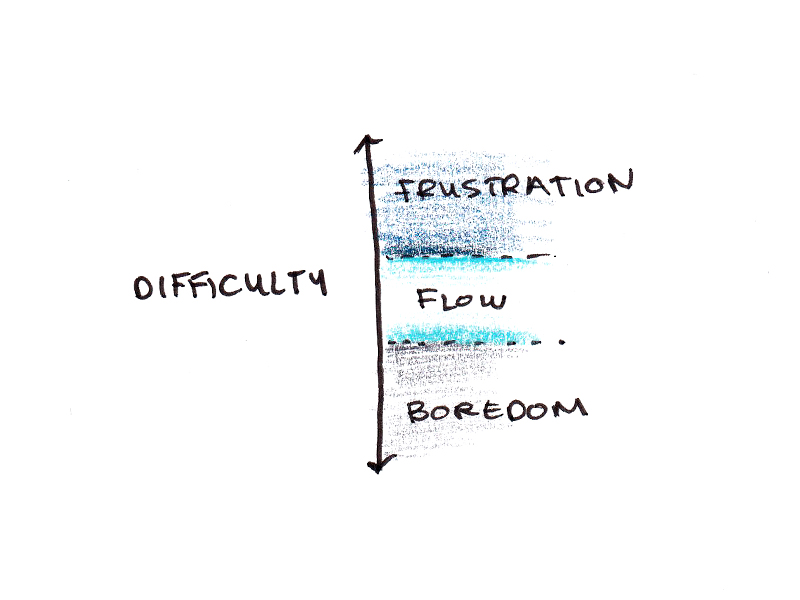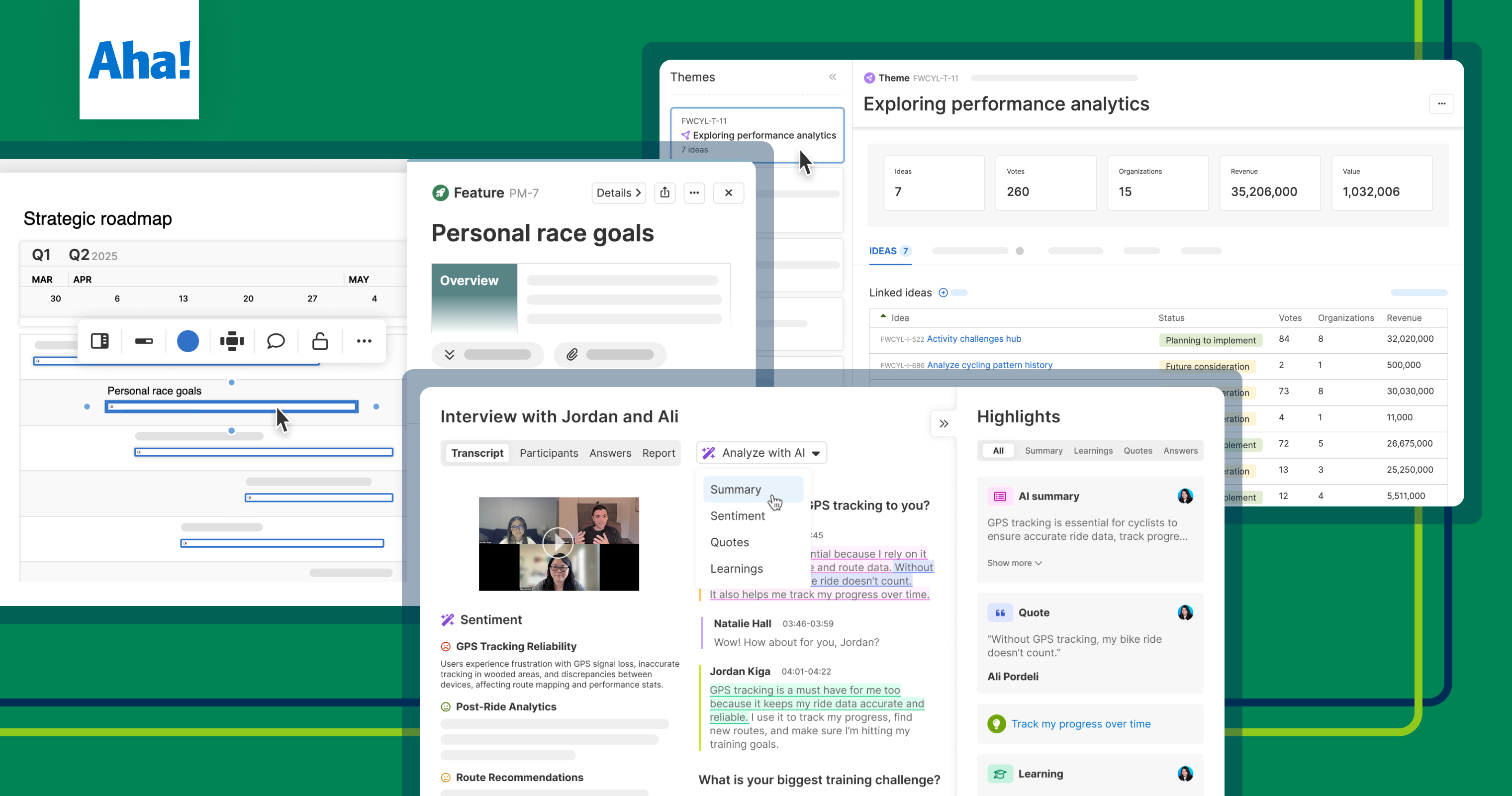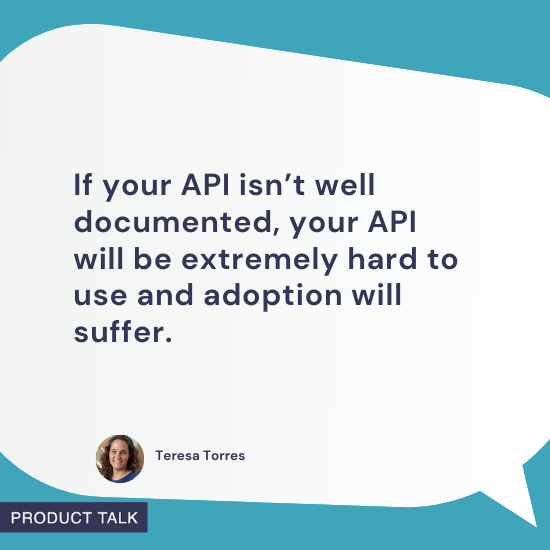It’s time we ditch our obsession with numbers
It’s an ordinary morning. You’ve woken up from what you thought was a blissfully restful night’s sleep. To ensure your body and mind aren’t playing tricks on you, you check the activity tracker that you’ve recently strapped on your left wrist. You hope it’ll turn you into a fitter and healthier version of yourself. But your sleep score says otherwise. It indicates that you’ve woefully underperformed across all stages of the sleep cycle. It’s also the end of a long month on the job. You’ve completed all your deliverables on time, impressed your bosses, and, by all accounts, been a pleasant and reliable colleague. You decide to check your bank account. The balance staring back at you offers a sobering reality check and bleak forecast for the month(s) ahead. Once again, you’re compelled to adopt the mantra ‘keep your head down and keep plugging away’ as your professional credo. Surely, things will eventually get better, right? Why we’re drawn to numbers Numbers can have that effect on people. They turn feelings of restfulness and satisfaction into dust in the blink of an eye. They can also trick you into believing the complete opposite. Your wearable technology might measure a bad night’s sleep more favorably than you’d expect. At work, a shockingly mediocre work performance might result in a pay raise or bonus simply because you touted the corporate line. What is undeniable is that humans are magnetically drawn to abstractions of reality—both their own and those of others. Numbers is the true universal language that transcends cultures and geographies. And that’s not necessarily a bad thing. After all, quantification helps us measure and organize the world around us. It’s how we tell time, keep records, conduct financial transactions and scientific experiments, administer medications, and write computer code. Numbers have even changed the way we communicate. People find percentages and simple frequencies astonishingly persuasive—the more abstract they are, the more they capture attention. Here are two ways I could promote this Fast Company article to a broader audience: I could say, “Many people have read and enjoyed this article.” This version relies purely on qualitative evidence. I could also say, “The click-through rate for this article is 55%, with two-thirds of readers finishing the entire piece.” To our 21st-century sensibilities, the latter strangely sounds far more credible and captivating. Fred Hargadon, a former dean of admissions at both Princeton and Stanford, once said: “Because we cannot measure the things that have the most meaning, we give the most meaning to the things we can measure.” We see this reflected in the cost-cutting efforts of Elon Musk’s Department of Government Efficiency (DOGE), or our obsessive monitoring of global stock market indexes. When numbers don’t tell the whole story The real issues arise when we try to apply the same logic used to track a golf handicap to the complexities of the human experience. We assign a numerical representation to someone’s creditworthiness. In Canada, scores range between 300-900. The higher the score, the more “worthy” an individual appears in the eyes of a lender. But quantification doesn’t stop at the individual level. The Gini coefficient reduces the wicked problem of economic inequality across countries to a single score ranging from 0 to 1. The World Happiness Report uses a 0 to 10 scale to evaluate the quality of life and well-being of entire populations, then assigns them to a global ranking. In 2025, Finland was ranked the happiest country for the eighth year in a row. Does this ranking mean there aren’t any unhappy Fins? Far from it. When numbers ignore humanity Matters become even more complicated when we pressure organizations that prioritize people and the planet over profits to justify their existence and demonstrate their impact through data—even though we can’t (and frankly, shouldn’t measure their contributions, at least not in the short term. Global climate action is a prime example. If we judge the efforts of an entire industry devoted to combatting the climate crisis solely by meeting ambitious targets—like achieving net-zero greenhouse gas emissions by 2050—we risk overlooking the true stories of progress, resilience, and adaptation that occur along the way. Relying on numbers can also be downright sinister in instances where it has a dehumanizing effect. Assigning prison inmates numbers instead of using their names, or publishing casualty statistics during a war, reduces individuals to mere figures, which strips away their humanity. People are not numbers, and life isn’t always a data set that we need to optimize or manipulate. Sometimes, we need to hear the full story. Otherwise, we risk reducing human existence to mere abstractions and approximations of reality. The added benefit? Several studies have shown that people can retain qualitative information much longer than quantitati

It’s an ordinary morning. You’ve woken up from what you thought was a blissfully restful night’s sleep. To ensure your body and mind aren’t playing tricks on you, you check the activity tracker that you’ve recently strapped on your left wrist. You hope it’ll turn you into a fitter and healthier version of yourself. But your sleep score says otherwise. It indicates that you’ve woefully underperformed across all stages of the sleep cycle.
It’s also the end of a long month on the job. You’ve completed all your deliverables on time, impressed your bosses, and, by all accounts, been a pleasant and reliable colleague. You decide to check your bank account. The balance staring back at you offers a sobering reality check and bleak forecast for the month(s) ahead. Once again, you’re compelled to adopt the mantra ‘keep your head down and keep plugging away’ as your professional credo. Surely, things will eventually get better, right?
Why we’re drawn to numbers
Numbers can have that effect on people. They turn feelings of restfulness and satisfaction into dust in the blink of an eye. They can also trick you into believing the complete opposite. Your wearable technology might measure a bad night’s sleep more favorably than you’d expect. At work, a shockingly mediocre work performance might result in a pay raise or bonus simply because you touted the corporate line.
What is undeniable is that humans are magnetically drawn to abstractions of reality—both their own and those of others. Numbers is the true universal language that transcends cultures and geographies. And that’s not necessarily a bad thing. After all, quantification helps us measure and organize the world around us. It’s how we tell time, keep records, conduct financial transactions and scientific experiments, administer medications, and write computer code.
Numbers have even changed the way we communicate. People find percentages and simple frequencies astonishingly persuasive—the more abstract they are, the more they capture attention. Here are two ways I could promote this Fast Company article to a broader audience: I could say, “Many people have read and enjoyed this article.” This version relies purely on qualitative evidence. I could also say, “The click-through rate for this article is 55%, with two-thirds of readers finishing the entire piece.” To our 21st-century sensibilities, the latter strangely sounds far more credible and captivating.
Fred Hargadon, a former dean of admissions at both Princeton and Stanford, once said: “Because we cannot measure the things that have the most meaning, we give the most meaning to the things we can measure.” We see this reflected in the cost-cutting efforts of Elon Musk’s Department of Government Efficiency (DOGE), or our obsessive monitoring of global stock market indexes.
When numbers don’t tell the whole story
The real issues arise when we try to apply the same logic used to track a golf handicap to the complexities of the human experience. We assign a numerical representation to someone’s creditworthiness. In Canada, scores range between 300-900. The higher the score, the more “worthy” an individual appears in the eyes of a lender.
But quantification doesn’t stop at the individual level. The Gini coefficient reduces the wicked problem of economic inequality across countries to a single score ranging from 0 to 1. The World Happiness Report uses a 0 to 10 scale to evaluate the quality of life and well-being of entire populations, then assigns them to a global ranking. In 2025, Finland was ranked the happiest country for the eighth year in a row. Does this ranking mean there aren’t any unhappy Fins? Far from it.
When numbers ignore humanity
Matters become even more complicated when we pressure organizations that prioritize people and the planet over profits to justify their existence and demonstrate their impact through data—even though we can’t (and frankly, shouldn’t measure their contributions, at least not in the short term. Global climate action is a prime example. If we judge the efforts of an entire industry devoted to combatting the climate crisis solely by meeting ambitious targets—like achieving net-zero greenhouse gas emissions by 2050—we risk overlooking the true stories of progress, resilience, and adaptation that occur along the way.
Relying on numbers can also be downright sinister in instances where it has a dehumanizing effect. Assigning prison inmates numbers instead of using their names, or publishing casualty statistics during a war, reduces individuals to mere figures, which strips away their humanity.
People are not numbers, and life isn’t always a data set that we need to optimize or manipulate. Sometimes, we need to hear the full story. Otherwise, we risk reducing human existence to mere abstractions and approximations of reality. The added benefit? Several studies have shown that people can retain qualitative information much longer than quantitative information. While numbers and statistics can have an immediate effect, like ruining a perfectly good night’s sleep, a well-crafted story or anecdote leaves a lasting impression.






































































































![Building A Digital PR Strategy: 10 Essential Steps for Beginners [With Examples]](https://buzzsumo.com/wp-content/uploads/2023/09/Building-A-Digital-PR-Strategy-10-Essential-Steps-for-Beginners-With-Examples-bblog-masthead.jpg)





![How One Brand Solved the Marketing Attribution Puzzle [Video]](https://contentmarketinginstitute.com/wp-content/uploads/2025/03/marketing-attribution-model-600x338.png?#)
































